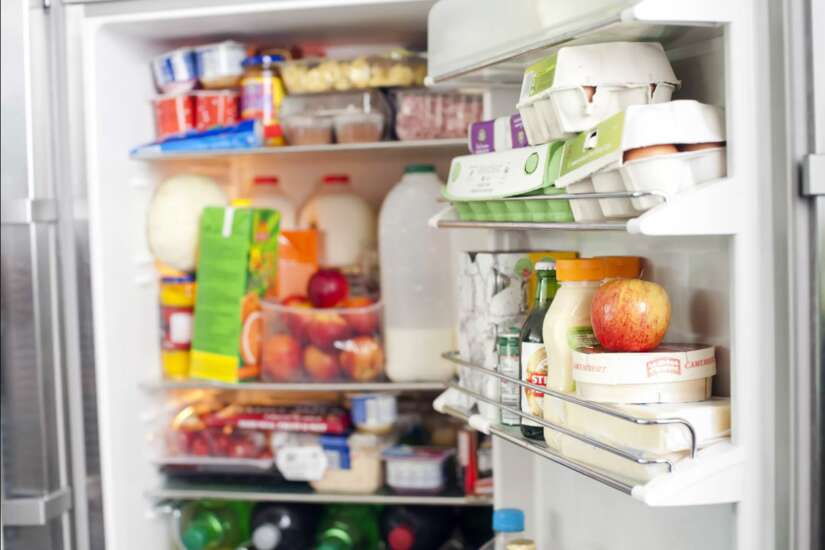WOULD there be another wave of COVID-19 infections now that the government is gradually opening up businesses and people are slowly going back to work, though others still fear catching the virus and working at home is their safe option.
Being prepared is the best weapon against the virus during this pandemic, should the government ordered another lockdown or strict lockdown in certain barangays.
We do not want to experience again the panic buying last March, people hoarding goods beyond their needs.
The pandemic is not yet over and basic supplies including alcohol, face mask and toiletries are now easily available.
Getting prepared and stocking up on the items you’ll use and that promote your health and well-being would minimize panic attacks and anxiety to other people who cannot afford to buy in bulk.
The COVID-19 pandemic prompted shortages in food and supplies during the early second quarter of the year, and inevitable price increases on all goods to cope for the loss. We do not want that to happen again.
While there is slight downward trend of COVID cases, prepared in the event you find yourself quarantined, isolated or living in an area with strict lockdowns in place that trigger another round of panic buying, is always a good idea.
There are only eight items to stock up now should there a another surge of COVID-19.
* Meat. Pork, beef and chicken meats can easily be frozen and they can last for months in your freezer. Should there be restrictions on processing and delivery, you have enough stocks and won’t get hungry.
* Vitamin C. Many believe that vitamin C (at extremely high doses) can be an antiviral drug, the best thing this vitamin can do is to boost your immune system. Vitamin C may be protective against respiratory diseases. In one study, people with the highest vitamin C levels were 15% less likely to develop respiratory conditions compared to those with the lowest levels.
But actually doctors do not recommend high doses of vitamin C which may result in nutritional imbalances.
* Vitamin D. Vitamin D is also noteworthy in terms of COVID-19, as an analysis of medical records revealed a direct correlation between levels of vitamin D and the severity of illness in people infected with COVID-19.
Vitamin D or the sunshine vitamin lowers viral replication, boosts your overall immune function by modulating both innate and adaptive immune responses, reduces respiratory distress, improves overall lung function and helps produce surfactants in your lungs that aid in fluid clearance.

